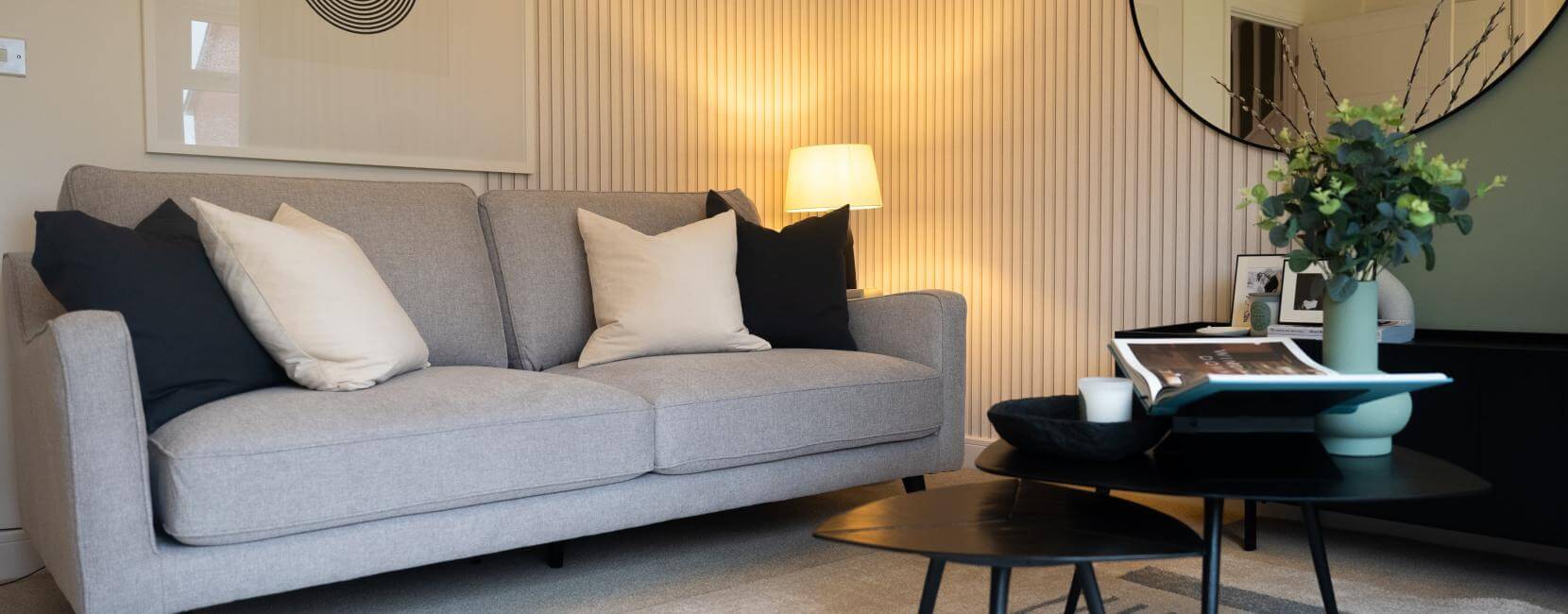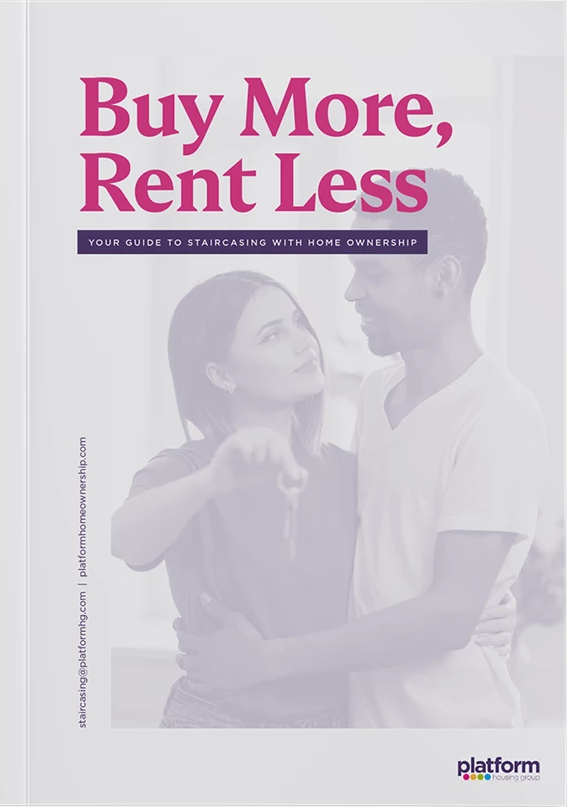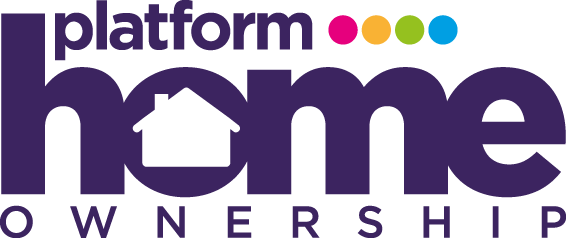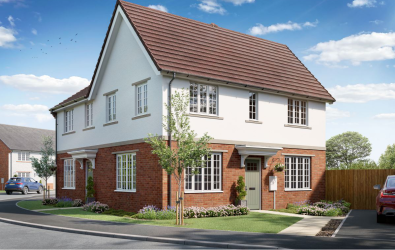
What are the Costs of Staircasing?
Staircasing is an important part of the wider Shared Ownership scheme and something you'll experience if you purchase this way. While you can staircase whenever suits you, it's important to understand that there are associated costs which apply each time you staircase.
What Costs Do I Need to Consider?
The process of staircasing can be done whenever you like, provided you're purchasing the minimum amount required.
While you don't need to worry about specific legal fees such as searches or costs associated with moving such as removal fees, there are still four key costs to consider each time you staircase:
1. Valuation
Every time you choose to buy more shares via staircasing, you'll need a valuation of the property. This allows us to understand how much to charge for the share you'd like to buy.
The valuation is particularly important when staircasing as the overall value of the property may have changed significantly since you last had it valued, especially if you've made structural improvements or the local area has risen in value. Likewise, this valuation may impact the rental payments you pay, provided you're not staircasing to full ownership.
Each valuation is carried out by a surveyor, who'll visit the property and provide an estimated figure.
2. Stamp Duty
Stamp Duty Land Tax (SDLT) is a mandatory tax paid on the majority of property transactions in England.
Whether you have to pay SDLT when you staircase depends on how much you paid initially and how much you're staircasing. When you buy the initial share of the property - and that share is worth over £125,000 - you'll pay some SDLT (remember this changes if you're a First-Time Buyer) upfront.
From that point on, until you reach 80% share ownership of the property, you won't pay any SDLT on any transaction. Once you go over that 80% ownership threshold, you'll pay SDLT on each transaction until you have full ownership.

A Complete Guide to Staircasing
Download the latest Staircasing Guide and learn more about this vital part of the Shared Ownership process, including how it works, how much you can staircase by and related considerations each time you staircase.
Download Staircasing GuideHow Much Does It Cost to Staircase?
3. Conveyancing
While it's not a full property purchase, staircasing is still a property transaction and requires the support of a conveyancer or solicitor.
The cost of the share you're buying, plus the location and property type, will impact how much you pay for this support.
4. Mortgage Fees
When you buy a new share of the property, you'll probably need a mortgage. There's typically two options here - extending your existing mortgage on the property or remortgaging.
Both options have various costs around them, typically dictated by the firm you work with and the size of the share you're purchasing.
As always, do your research before you choose which option to go for and speak with an independent financial advisor or a mortgage advisor about which option would be cheaper for you.
How Much Does It Cost to Staircase?
According to research by the Homeowners Alliance, the average cost to staircase is around £2,000. This takes into account legal fees and other associated costs but can differ wildly depending on where you buy, the size of the property, how much you're staircasing by and most importantly - how much Stamp Duty you end up paying.
Staircasing is a great way of working towards full home ownership and can reduce monthly payments as you work towards a 100% share of the property but it's important to budget around it and ensure you can cover the costs.


